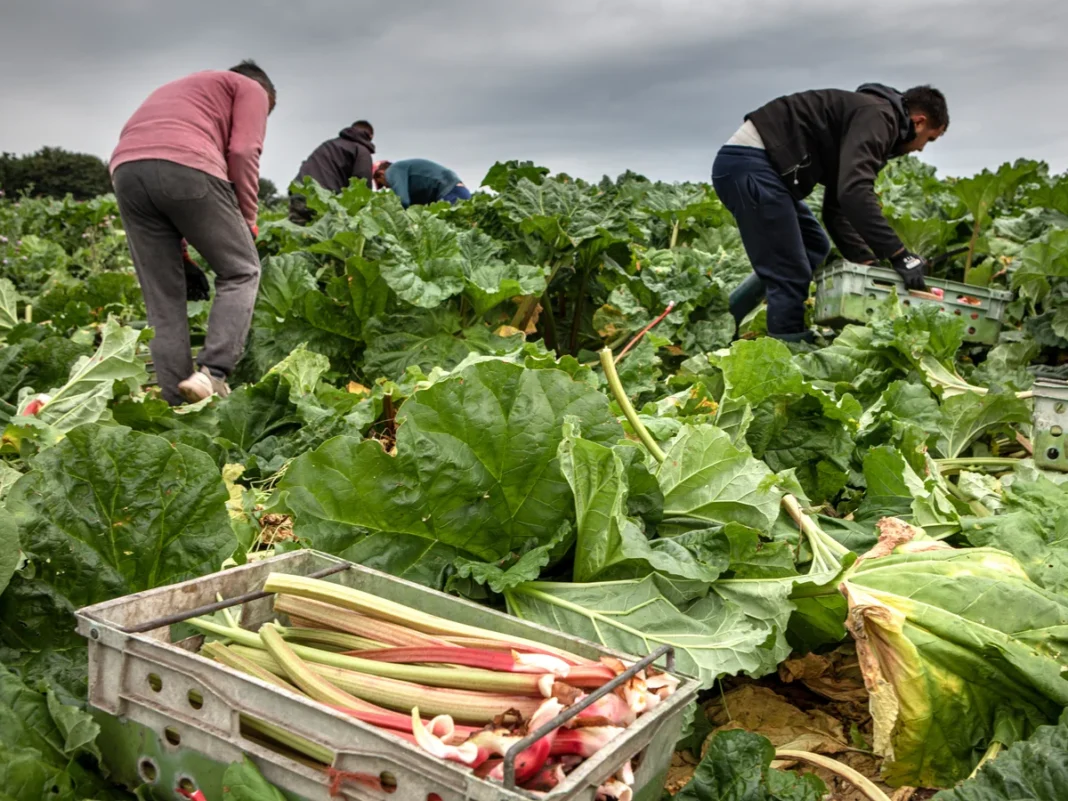UK businesses faced massive post-Brexit export costs last year. New government data reveals firms spent up to £65 million on licences. These fees were required to export food and agricultural products to the EU. Officials issued over 328,000 export licences in 2024. Each licence cost companies between £113 and £200. Consequently, the total financial burden was significant.
Therefore, Cabinet Office Minister Nick Thomas-Symonds will address this issue. He promises to eliminate these post-Brexit export costs entirely. His plan involves securing a new agreement with Brussels within 18 months. Furthermore, he will make a political argument for closer EU ties. He aims to contrast Labour’s approach with that of its critics. Specifically, he will target Reform UK leader Nigel Farage.
Thomas-Symonds will accuse Farage of wanting Britain to fail. He says Farage’s politics thrive on division and anger. Moreover, he will warn that Farage’s manifesto risks jobs and higher food prices. This initiative follows Prime Minister Keir Starmer’s new EU agreement announced in May. That deal included pursuing smoother trade for goods and agriculture. However, it faced immediate criticism from opposition leaders.
Conservative leader Kemi Badenoch accused Labour of dragging the UK back into the EU. Meanwhile, Nigel Farage labelled the move a “Brexit betrayal.” Labour ministers strongly deny these claims. They insist they are not recreating a customs union. They also confirm free movement will not return. Instead, they frame this as pragmatic cooperation in the national interest.
A government report highlights the strain on smaller businesses. These firms lack the scale to manage complex administrative demands. Therefore, they face a competitive disadvantage against larger operators. Major British supermarkets and food producers support the change. Companies like Marks & Spencer and Sainsbury’s urged the EU to complete the deal. They cited the unnecessary red tape of the current system.
A Labour spokesperson criticized the previous Tory Brexit deal. They called it a complete failure that harmed the economy. They also warned that opponents would keep this damaging red tape. Ultimately, the government is pushing to reduce trade barriers. The goal is to ease the post-Brexit export costs burdening UK businesses. A new deal within 18 months is their promised solution.
For more political updates, visit London Pulse News.


